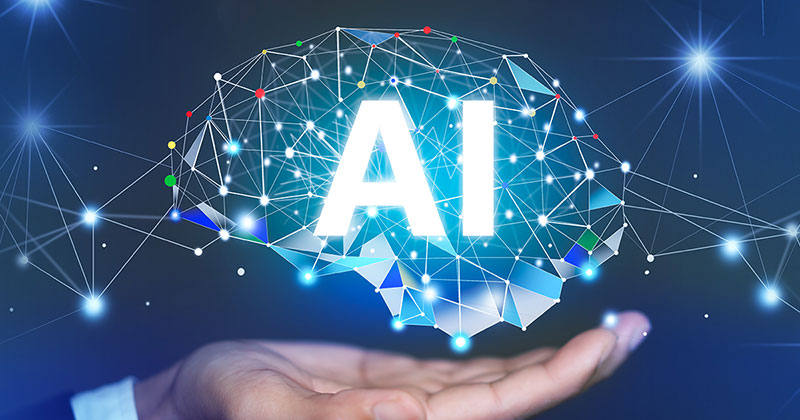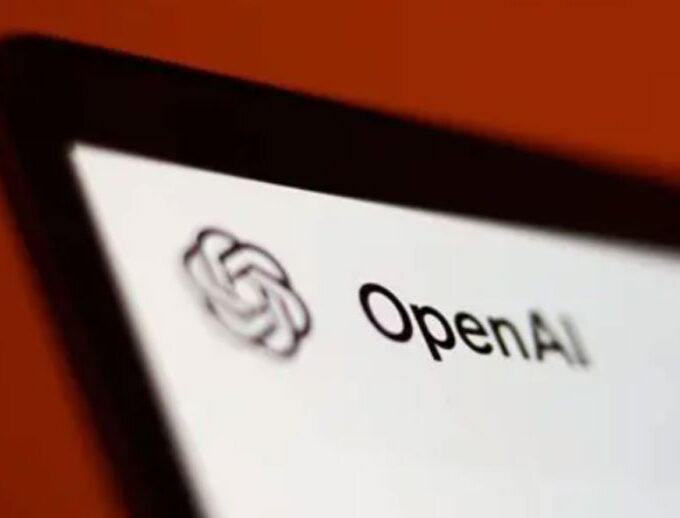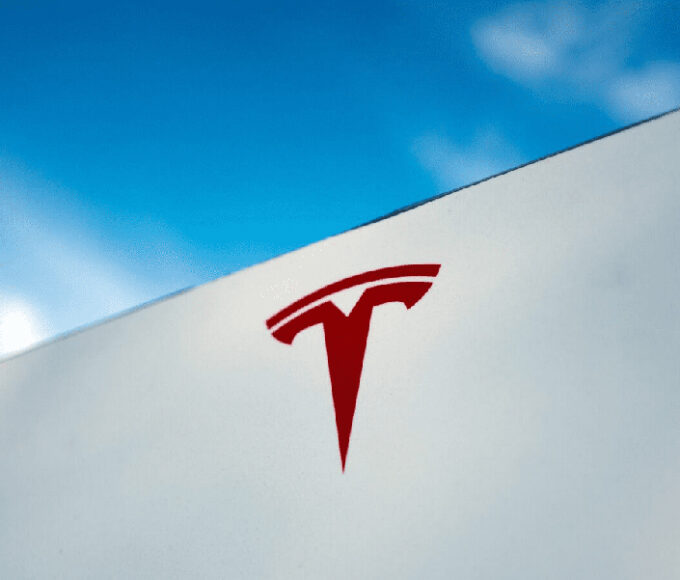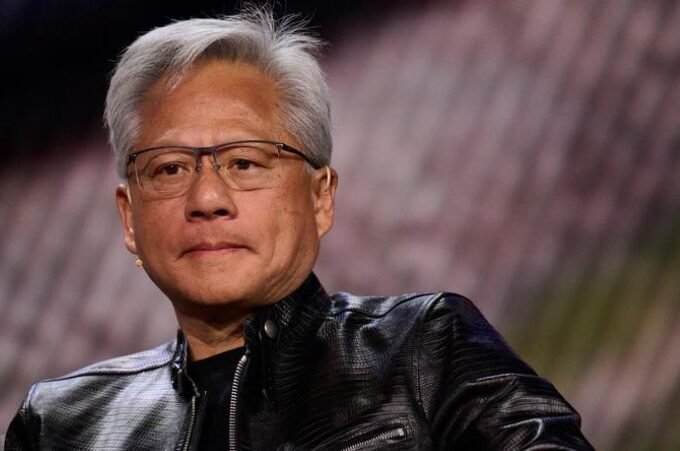Elon Musk, the well-known American entrepreneur, recently sparked attention with his bold prediction that artificial intelligence (AI) might surpass “the smartest human” by the end of next year or by 2026, considerably earlier than his prediction of 2029 made last year.
There have been differing opinions within the industry regarding when AI will surpass human intelligence. Compared to Musk’s optimistic forecast, many experts believe it will happen later. Demis Hassabis, co-founder of DeepMind, a Google-owned AI company, predicts that general AI may be achieved by 2030. Joon-Woo Lee, a professor at the Department of Electrical and Computer Engineering at Seoul National University, believes that the “singularity” of AI may arrive in five years.
According to Xu Feng, Executive Deputy Director of the AI Development Research Center at the China Institute of Science and Technology Information, true general AI may not arrive as quickly as anticipated. He told Xinhua News Agency that while AI may surpass humans in certain areas, there are still many fundamental theoretical questions to be clarified before achieving human-level intelligence, such as how intelligence is generated, what constitutes wisdom, and whether AI can learn like humans.
People have long awaited the emergence of “smarter” AI, envisioning the disruptive changes it could bring to societal development. Xu Feng stated that as AI applications and products continue to diversify, especially with the ongoing development of human-computer interaction, they will have an impact on relationships between individuals, between individuals and society, and more. Additionally, AI will become the core technology of the Fourth Industrial Revolution, empowering various industries and fundamentally changing the way society produces goods.
In recent years, the emergence of ChatGPT and Sora has provided clearer glimpses into the possibility of achieving “smarter” AI and sparked a global trend of large-scale models. Overseas companies such as OpenAI, Google, and Microsoft, as well as domestic tech giants like iFlytek, Baidu, Alibaba, Tencent, and Huawei, have all embraced large-scale models.
Zhou Hongyi, founder of 360 Group, stated that while the past year was characterized by showcasing large-scale models, 2024 marks the year of large-scale model applications, with mobile phones possibly being a typical application scenario. He predicts that large-scale models will become ubiquitous in the future, with them working wherever we look.
As AI applications continue to emerge, some worry that AI technology will further widen the technological gap between countries. Wang Yimeng, Director of the International Affairs Research Institute at Renmin University of China, pointed out that some countries that were already left behind in past industrial revolutions may fall further behind in the AI wave, increasing the risk of marginalization and potentially exacerbating wealth disparities.
Xu Feng stated that under the current trajectory of large-scale model technology, creating stronger AI requires abundant data and computing power, which are often concentrated in a few enterprises or institutions worldwide, potentially widening the technological gap in the short term.
However, he also pointed out that emerging technologies, especially empowering technologies like AI, often face fairness issues during development, similar to concerns encountered in the development of internet information technology in the past. But as AI technology applications gradually expand and mature in the future, more and more people will be able to enjoy its benefits, just like with computers and mobile communication in the past.
“We should not throw the baby out with the bathwater and overlook the benefits it brings to human society. What we need to do is to pay attention to potential risks and actively address them,” said Xu Feng.
Regarding how to address digital inequality, Zhu Xufeng, Dean of the School of Public Management at Tsinghua University, suggested that from the perspective of the global governance system, efforts should be made to break down national technological barriers and promote technological learning and diffusion in developing countries.
Xu Feng believes that more representative international organizations should establish platforms to promote the establishment of AI technology standards and governance systems, allowing more countries and groups to apply AI technology more fairly and enjoy the dividends brought by technology.












